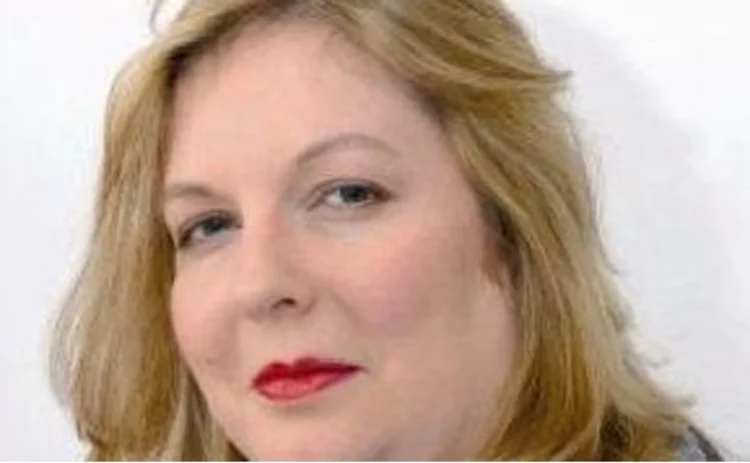
So, what else is new?

I laughed like a drain when I heard about Paul Moore, the Cassandra of HBOS. All the breathless media coverage in the UK - oh my goodness, nobody on the board or in senior management listened to the risk manager, how could that be? - veered from the ridiculous to the sublime.
Most operational risk managers have had to cope with this collective deafness at the top of their organisations for years. At a panel discussion last November, 'Delivering GRC to the board' (posted on the OR&C website), participants talked about their frustration with the way reports get 'cleansed' before they are passed on up the organisation. The consensus seemed to be that board reports about risk management are pretty sanitised.
Nobody wants to deliver bad news. Let's be honest - whistleblowers are inevitably portrayed as noble but slightly nutty. Paul Moore himself was treated to some fairly robust spin and insinuation in the media. People who point out problems are branded 'difficult personalities' who 'aren't team players' and 'didn't get along with their colleagues'.
Again, hearty laughter from this quarter. Of course these attributes apply to most whistleblowers. In the environment for truth-telling that existed up until now, who but someone that was very individualistic and not afraid of being isolated by their colleagues would even bother to point out potential problems? Most of the time, if the whistleblower isn't pushed out of the organisation, they know they will have to jump when they do speak their mind.
In a perfect world, these individualists who don't quite fit in to corporate politics would be seen as valuable additions to the corporate mix of personalities and valued for their insights. Concerns about the way businesses are being run or the way individuals are behaving would be swiftly passed up the organisational communication chain, heard by management and the board with interest, and acted upon.
This is really the place that financial institutions need to strive to get to. Certainly, there are technology tools out there that can help firms achieve better communication and more transparency regarding the risks they face. But at the end of the day, all technology can be fiddled with to produce the desired result. It's the organisations themselves that need to change - from the tone at the top all the way through to the front line. Speaking out needs to be visibly rewarded - creativity and perception must be nurtured.
Only users who have a paid subscription or are part of a corporate subscription are able to print or copy content.
To access these options, along with all other subscription benefits, please contact info@risk.net or view our subscription options here: http://subscriptions.risk.net/subscribe
You are currently unable to print this content. Please contact info@risk.net to find out more.
You are currently unable to copy this content. Please contact info@risk.net to find out more.
Copyright Infopro Digital Limited. All rights reserved.
As outlined in our terms and conditions, https://www.infopro-digital.com/terms-and-conditions/subscriptions/ (point 2.4), printing is limited to a single copy.
If you would like to purchase additional rights please email info@risk.net
Copyright Infopro Digital Limited. All rights reserved.
You may share this content using our article tools. As outlined in our terms and conditions, https://www.infopro-digital.com/terms-and-conditions/subscriptions/ (clause 2.4), an Authorised User may only make one copy of the materials for their own personal use. You must also comply with the restrictions in clause 2.5.
If you would like to purchase additional rights please email info@risk.net
More on Operational risk
Evalueserve tames GenAI to boost client’s cyber underwriting
Firm’s insurance client adopts machine learning to interrogate risk posed by hackers
Integrated GRC solutions 2024: market update and vendor landscape
In the face of persistent digitisation challenges and the attendant transformation in business practices, many firms have been struggling to maintain governance and business continuity
Vendor spotlight: Dixtior AML transaction monitoring solutions
This Chartis Research report considers how, by working together, financial institutions, vendors and regulators can create more effective AML systems
Financial crime and compliance50 2024
The detailed analysis for the Financial crime and compliance50 considers firms’ technological advances and strategic direction to provide a complete view of how market leaders are driving transformation in this sector
Automating regulatory compliance and reporting
Flaws in the regulation of the banking sector have been addressed initially by Basel III, implemented last year. Financial institutions can comply with capital and liquidity requirements in a natively integrated yet modular environment by utilising…
Investment banks: the future of risk control
This Risk.net survey report explores the current state of risk controls in investment banks, the challenges of effective engagement across the three lines of defence, and the opportunity to develop a more dynamic approach to first-line risk control
Op risk outlook 2022: the legal perspective
Christoph Kurth, partner of the global financial institutions leadership team at Baker McKenzie, discusses the key themes emerging from Risk.net’s Top 10 op risks 2022 survey and how financial firms can better manage and mitigate the impact of…
Emerging trends in op risk
Karen Man, partner and member of the global financial institutions leadership team at Baker McKenzie, discusses emerging op risks in the wake of the Covid‑19 pandemic, a rise in cyber attacks, concerns around conduct and culture, and the complexities of…







